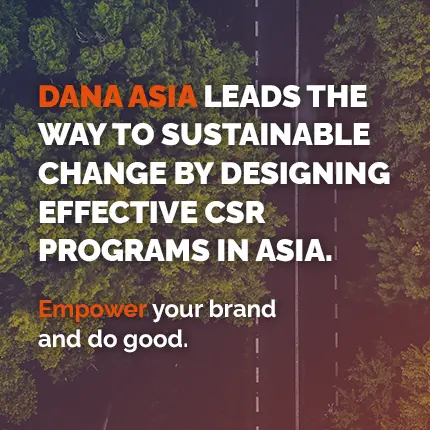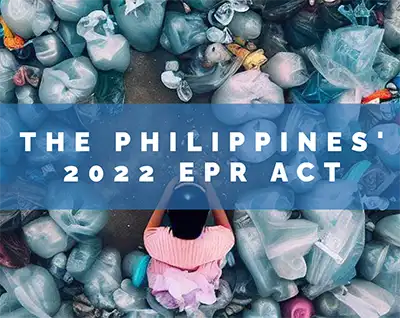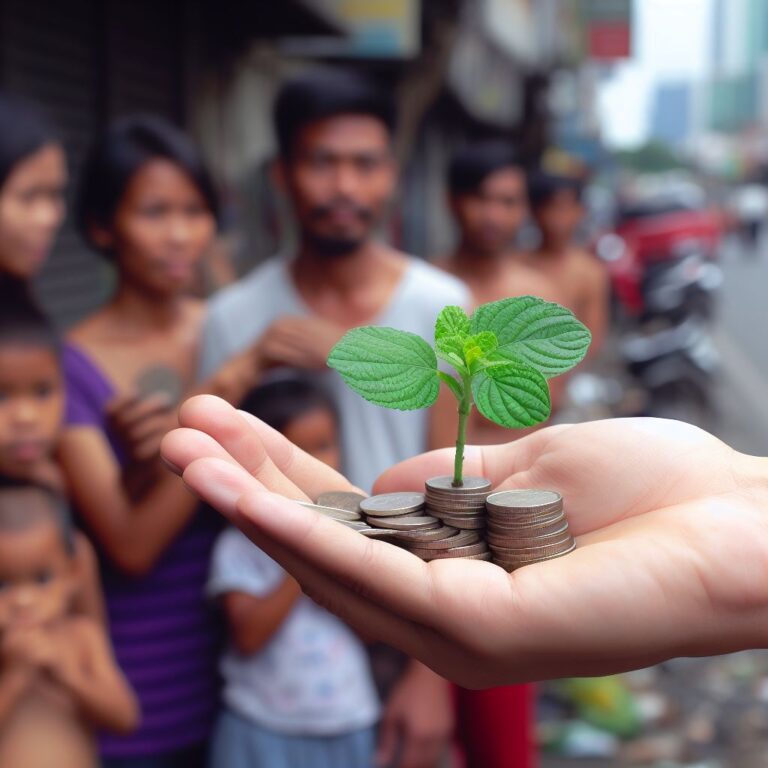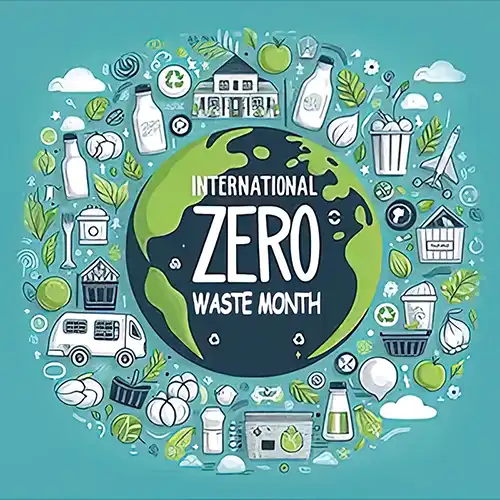Empowering Change: Create Meaningful Social Impact in Southeast Asia
Creating meaningful social impact in southeast Asia holds immense importance in addressing social, economic, and environmental challenges and promoting inclusive development. With the region’s diverse population and rapid economic growth, social impact initiatives play a crucial role in reducing inequality, fostering innovation, and promoting sustainable practices. By addressing issues such as poverty, healthcare access, education, and environmental sustainability, social impact efforts contribute to improving the wellbeing of millions.
Understanding the social landscape
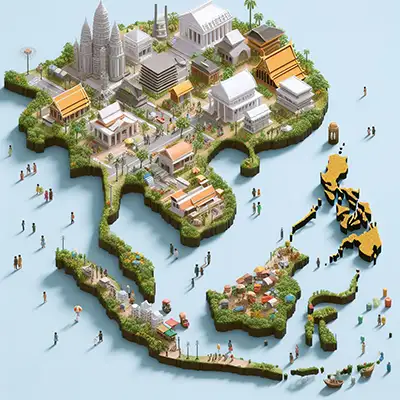
Southeast Asia is not a monolithic entity; it comprises numerous countries with unique cultures, languages, and socio-economic conditions. No two of the communities Dana Asia are the same – each has its own unique challenges and opportunities. Understanding the local context, including not only challenges and opportunities but cultural norms, regulatory frameworks, and market dynamics, is crucial for creating long-term social impact.
When engaging with a new community, and throughout the implementation process, Dana Asia takes the time to learn and understand the social context in which we are working. A collaborative community assessment process encourages a two-way dialogue to identify pressing issues, challenges, and unmet needs within the community. This could include challenges related to access to basic services like education and healthcare, economic opportunities and development, access to financial resources and technology, environmental sustainability, gender dynamics, marginalisation of groups, and community relations.
Fortunately, where there are challenges there are opportunities. Dana Asia’s role is to identify these opportunities and develop strategies that give community members the tools, knowledge, and resources to overcome the challenges themselves. Dana Asia is a funder and adviser, partnering with local community-based entities that implement projects or initiatives. Adopting the “teach to fish” rather than “give a fish” approach fosters self-reliance, builds capacity, and promotes ownership and dignity. By equipping people with skills and knowledge, this approach creates multiplier effects, addresses root causes of poverty, and maximises the impact of limited resources. Teaching individuals to fish empowers them to break the cycle of dependency, contribute to their communities’ development, and pursue long-term solutions, aligning with principles of sustainable development and resilience-building to create long-term, sustainable impact.
What strategies does Dana Asia employ to create meaningful impact?
Empowerment of communities
There are many strategies that can be used but Dana Asia focuses on those we know best, have the relevant skills and expertise, and have a proven track record of success in.

Dana Asia’s focal strategy is grounded in empowerment of communities. A major component of this is promoting inclusive decision-making processes that involve community members in identifying needs, setting priorities, and designing solutions. Essential to success is capacity building and skills training to equip individuals with the skills they need to succeed and promote community-led initiatives that contribute to their community’s development as agents of change. Dana Asia works closely with other NGOs, training providers, and academia to bring in necessary expertise and facilitate networking and collaboration among local organisations and stakeholders encourages resource sharing and mutual support. In addition, building sustainable partnerships with local organisations, NGOs, governments, and businesses is a strategy that can provide valuable insights, resources, and networks. Collaborative efforts ensure that solutions are culturally relevant, sustainable, and inclusive. Facilitating access to financial resources like microfinance or social investment with the necessary financial literacy training brings new economic opportunities that communities may otherwise not have access to. These strategies can empower communities to take ownership of their development journey and build resilient, thriving societies.
Promote sustainability
Another strategy Dana Asia employs is to promote sustainability by incorporating principles of environmental sustainability and social responsibility into our initiatives. Promoting sustainability is vital for social change as it ensures that present actions do not compromise the ability of future generations to meet their needs. By adopting sustainable practices, communities can address environmental challenges, such as climate change and resource depletion, which disproportionately affect vulnerable populations. Sustainable development fosters equitable growth by balancing economic, social, and environmental priorities, thus reducing inequalities and promoting social justice. Additionally, sustainable solutions often result in long-term benefits, such as improved health and wellbeing, enhanced resilience to disasters, and increased economic opportunities. Sustainable practices not only benefit communities and ecosystems but also contribute to long-term impact and resilience.
Measure and evaluate the social impact
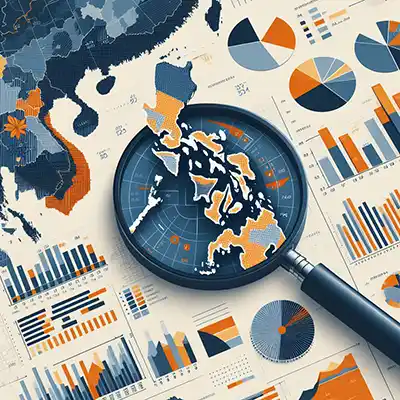
A final, very important strategy is the measuring and evaluation of impact. Dana Asia implements robust monitoring and evaluation systems to measure the effectiveness and impact of social change initiatives as being crucial for ensuring accountability, learning, and continuous improvement. Monitoring and evaluation enables us to determine the effectiveness of our interventions, identify what works and what doesn’t, and make informed decisions about resource allocation and strategy refinement. Evaluation provides valuable insights into the extent to which desired outcomes are being achieved, as well as unintended consequences or areas for improvement. Moreover, it helps demonstrate accountability to funders, stakeholders, and beneficiaries, building trust and credibility. By collecting data and feedback, Dana Asia is able to continuously refine strategies, demonstrate results to stakeholders, and maximise the positive impact of social change efforts.
Other strategies
Other strategies for achieving meaningful social impact could include leveraging technology or innovations to scale impact and reach underserved populations, such as using mobile platforms for education, healthcare, or financial services, deploying AI for data-driven decision-making, or harnessing renewable energy solutions. Advocating for policy change can support inclusive growth, social justice, and environmental protection along with engaging with policymakers, civil society organisations, and advocacy groups to influence policy agendas and institutional reforms. Finally, promoting cross-cultural exchange is essential to fostering positive dialogue, exchange, and collaboration across borders within Asia and with the global community. Building bridges between diverse cultures and perspectives can foster mutual understanding and collective action for positive change.
The role of Corporate Social Responsibility (CSR) in achieving social impact
Corporate Social Responsibility (CSR) plays a significant role in driving social impact by encouraging businesses to integrate ethical, environmental, and social considerations into their operations and decision-making processes. In a region marked by rapid economic growth and socio-economic disparities, CSR initiatives in southeast Asia can address pressing issues such as poverty, education, healthcare, and environmental sustainability. By investing in community development projects, supporting social enterprises, and promoting responsible business practices, corporations can contribute to positive social change while enhancing their reputation and long-term sustainability. As CSR becomes increasingly ingrained in business practices across southeast Asia, it has the potential to drive inclusive growth, address systemic challenges, and create shared value for businesses and society alike. Dana Asia’s CSR advisory service works with companies interested in setting up or maximising an existing CSR program to ensure meaningful, long-term, social impact.
What impact can I create as an individual?
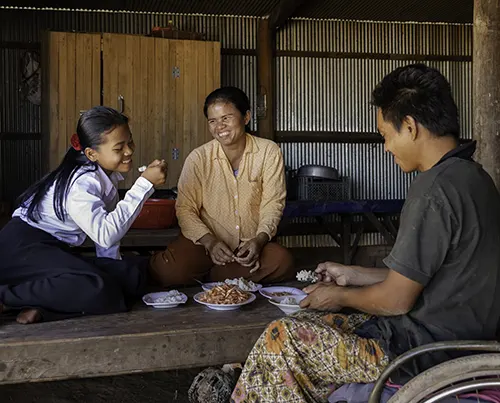
Most people want to create a positive impact, but many assume it’s difficult or not something you as an individual can achieve. One simple thing any individual can do is donate to organisations or causes that mean something to them and have proven success in creating meaningful impact. A donation can be $1, $1,000 or $100,000 – it all goes towards achieving the same impact and all means something to the community you’re donating to. Read our article on “Ensuring responsible giving” to learn more about making informed decisions when donating, or go to our Social Investment page to donate or connect with us.
Another significant contribution you can make is through your time and expertise. Impact doesn’t necessarily mean a financial donation. For small organisations with limited human resources like Dana Asia, donation of skills and time is just as valuable as monetary contributions. This could be as a volunteer or through serving as a board member. Dana Asia seeks volunteers and/or board members with expertise in the below areas:
- Sustainability reporting
- Designing impact monitoring frameworks
- Marketing and social media
- Fundraising
If you have time to donate and the skills in any of the above, please get in touch with Lotti:
Individuals can also create impact through raising awareness and advocating for important issues, whether through social media campaigns, community events, or conversations with friends and family. Supporting ethical businesses and sustainable practices through consumer choices can also drive positive change by promoting fair labour practices, environmental conservation, and social responsibility. Individuals can engage in lifelong learning about social issues, cultures, and histories to foster empathy, understanding, and solidarity across diverse communities.
By taking proactive and mindful actions in their everyday lives, anyone can contribute to fostering meaningful social impact in southeast Asia and beyond.


